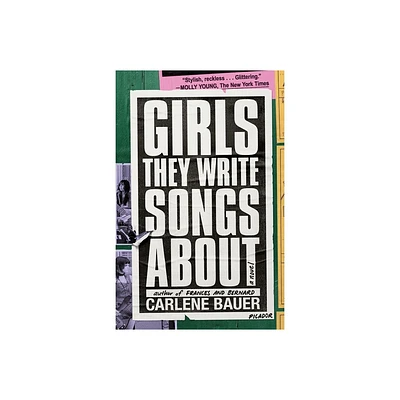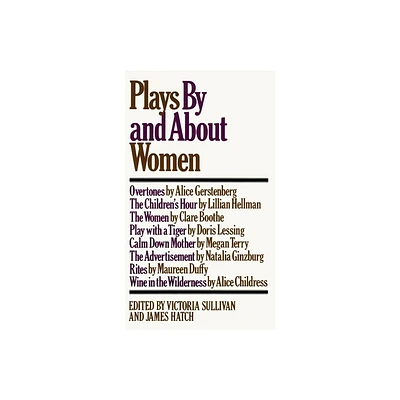Home
Songs about Women
Loading Inventory...
Barnes and Noble
Songs about Women
Current price: $35.00


Barnes and Noble
Songs about Women
Current price: $35.00
Loading Inventory...
Size: OS
*Product Information may vary - to confirm product availability, pricing, and additional information please contact Barnes and Noble
A collection of ancient Byzantine hymns featuring women as pivotal characters, now in a new translation.
At a time when Christianity was becoming the dominant religion in the Byzantine Roman Empire, Romanos the Melodist (ca. 485–565) was a composer of songs for festivals and rituals in late antique Constantinople. Most of his songs include dramatic dialogues or monologues woven with imagery from ordinary life, and his name became inseparably tied to the
kontakion
, a genre of dramatic hymn. Later Byzantine religious poets enthusiastically praised his creative virtuosity and a legend claimed that Romanos’s inspiration came directly from the Virgin Mary herself.
Songs about Women
contains eighteen works related to the liturgical calendar that feature important female characters, many portrayed as models for Christian life. They appear as heroines and villains, saints and sinners, often as transgressive and bold. Romanos’s songs offer intriguing perspectives on gender ideals and women’s roles in the early Byzantine world.
This edition presents a new translation of the Byzantine Greek texts into English.
At a time when Christianity was becoming the dominant religion in the Byzantine Roman Empire, Romanos the Melodist (ca. 485–565) was a composer of songs for festivals and rituals in late antique Constantinople. Most of his songs include dramatic dialogues or monologues woven with imagery from ordinary life, and his name became inseparably tied to the
kontakion
, a genre of dramatic hymn. Later Byzantine religious poets enthusiastically praised his creative virtuosity and a legend claimed that Romanos’s inspiration came directly from the Virgin Mary herself.
Songs about Women
contains eighteen works related to the liturgical calendar that feature important female characters, many portrayed as models for Christian life. They appear as heroines and villains, saints and sinners, often as transgressive and bold. Romanos’s songs offer intriguing perspectives on gender ideals and women’s roles in the early Byzantine world.
This edition presents a new translation of the Byzantine Greek texts into English.


![Songs About Jane [LP]](https://prodimage.images-bn.com/pimages/0602547840387_p0_v5_s600x595.jpg)















